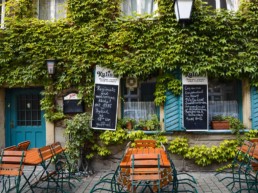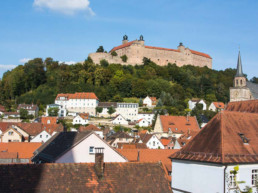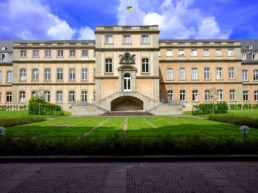“Come on, come on… ” my guide Inge exclaims as we wait for the car in front of us to make multiple painful attempts to parallel park. We only have three hours for our tour of Bayreuth, and it’s clear that we are running out of time. At first glance Bayreuth appears to be a small city with sights and attractions that can easily be ticked off in a matter of hours. But first impressions can be misleading. While there is a lot to see on the surface, there’s a tremendous amount of history existing underneath.
Inge uses this unexpected delay to tell us about Richard Wagner and his legacy in Bayreuth. As we listen intently, the offending car finally pulls into its spot and clears the way for us. Not missing a beat, she hits the gas and we are off again, gunning up the hill towards the composer’s Festspielhaus. Bayreuth has been home to several notable figures throughout its history who have left their mark on the city, from 18th century magistrate and early feminist Wilhelmine of Prussia, to important German writer Jean Paul, to Wagner and his mentor / father-in-law Franz Lizst.
This city of around 75,000 is the capital of Upper Franconia. Franconia, though part of Bavaria, has a differentiated history all its own, and for centuries Bayreuth played a significant part in its evolution. Once a part of Prussia, Napoleon gifted Franconia to the newly established state of Bavaria in the early 19th century. Instead of the checkered blue and white flag of Bavaria, Franconia’s red and white coat of arms hangs from the city’s important buildings, a reminder of its unique culture and distinctive past.
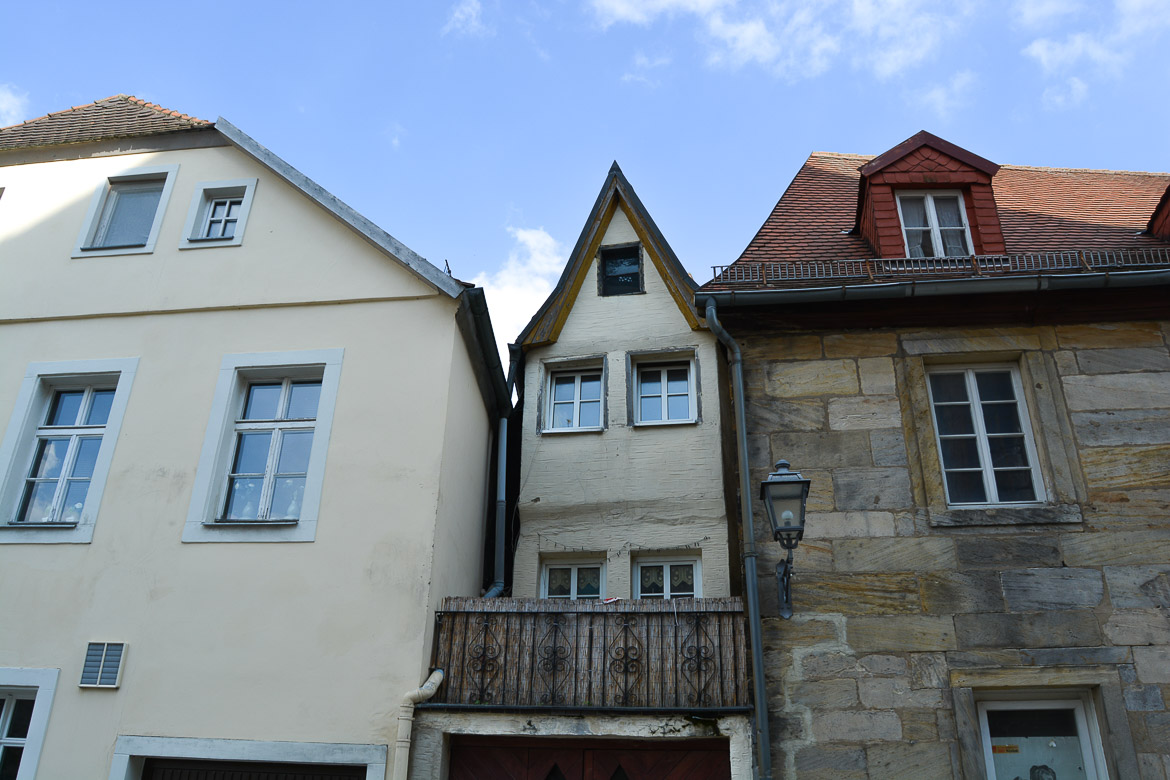
What to See & Do in Bayreuth:
Palaces
Bayreuth became the aristocratic centre of the region in the early 1600s, making it an important base in the Prussian empire. The Altes Schloss, or Ermitage Palace as it was originally known, sits on the outskirts of town and became the royal hub in Bayreuth. Once Wilhelmine married Margrave Frederick in 1731, she set out to modernize the palace, reforming it to reflect her grand style and unique personality. The gardens and grotto of the Altes Schloss make for a particularly peaceful setting.
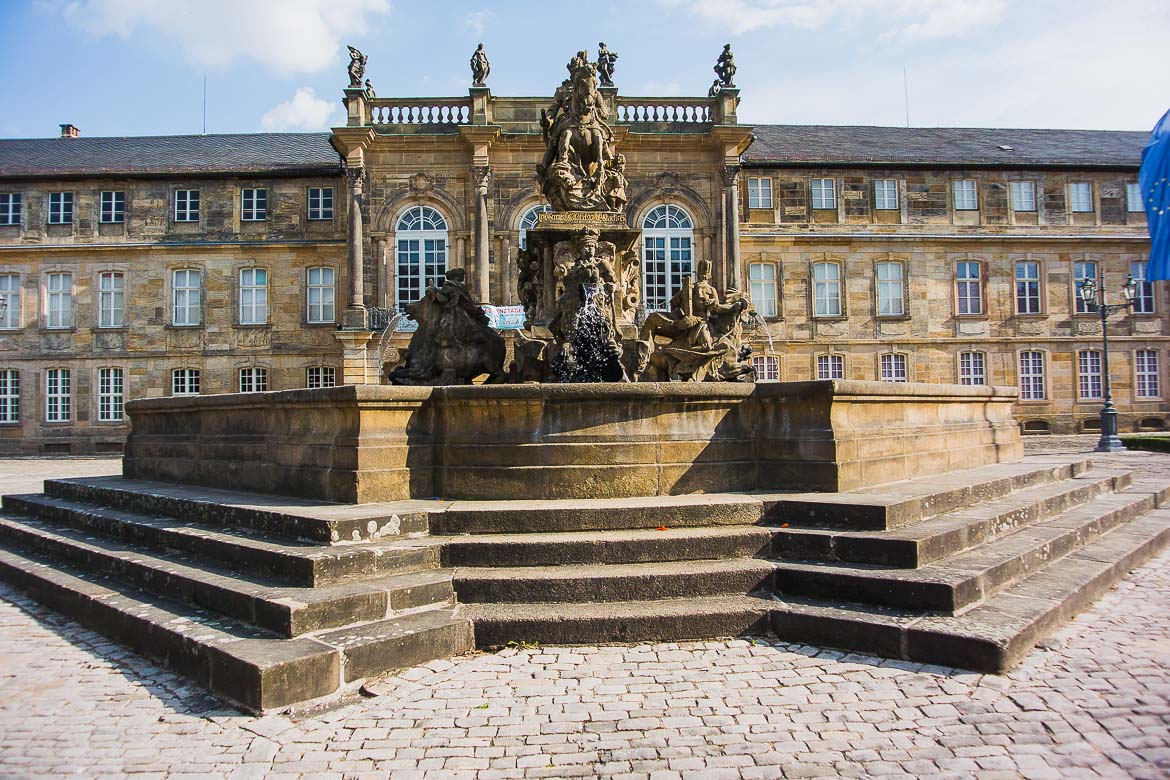
During the time that Wilhelmine was reappointing Ermitage Palace, she also began designing another Palace, now known as the Neues Schloss, which sits in the centre of Bayreuth. From its grandiose designs to its unconventional elements, Bayreuth’s Neues Palace gives visitors an inside look into Wilhelmine’s difficult upbringing and her strength of character as one moves from room to room. She was truly a Renaissance woman – a painter, a composer, an advocate for the arts, and a deep thinker – and has continued to fascinate people ever since.
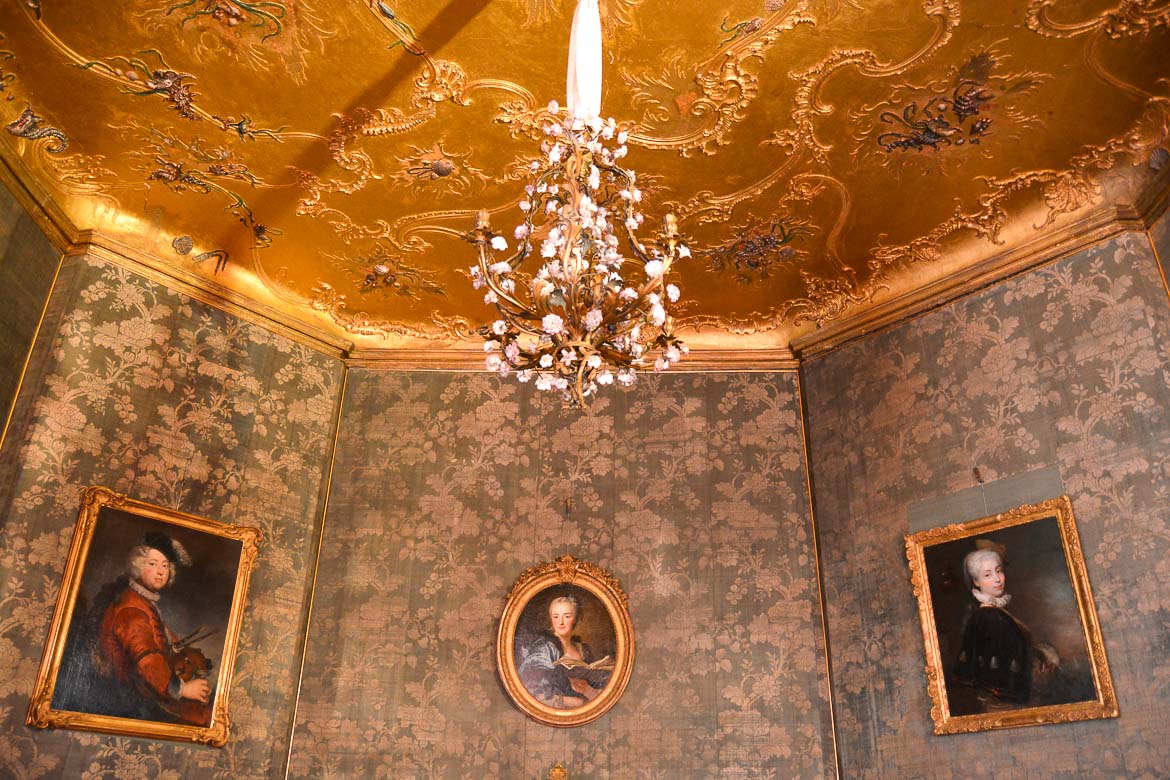
Opera
Another legacy of Wilhelmine’s that still exists today is the exceptionally ornate Margravial Opera House. From the outside the UNESCO Opera House is quite unassuming, but the Baroque interior, which is still the original, is a sight to behold with an abundance of wood, painted canvas, gold embellishments, and colourful murals. The building has been undergoing extensive restoration since 2012, which is expected to continue until 2018 so visitors cannot access the theatre, though there is an exhibit which includes digital representations of the interior.
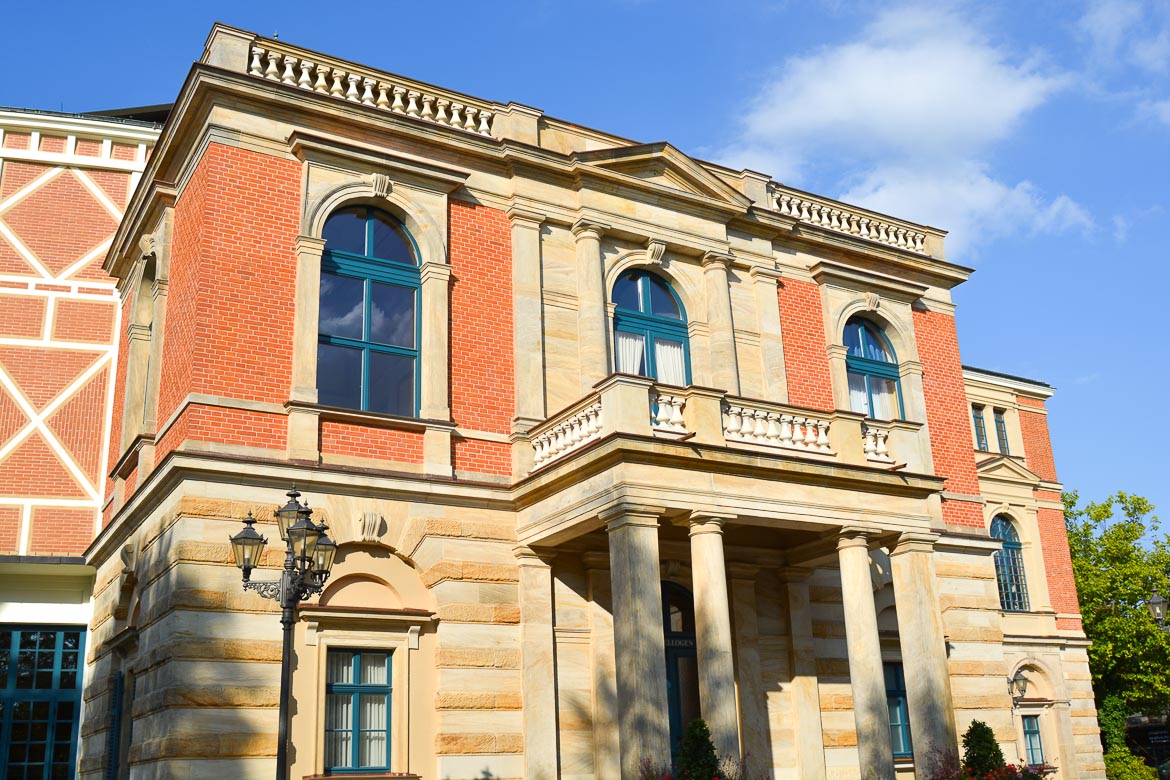
While Wagner may have initially been attracted to Bayreuth because of its opera, he soon wanted to create his own space dedicated to his music. He set out to make the Festspeilhaus in stark contrast to the internationally renowned Margravial Opera House at the time. The result was a theatre with few embellishments and a hidden orchestra, essentially allowing the music to be the main attraction, which in Wagner’s opinion was first and foremost. Since 1873,the city’s Festspeilhaus has been home to the annual Bayreuth Festival, an event where Wagner’s works are performed that draws opera enthusiasts from all over the world.
Museums
While born in Leipzig, Wagner made Bayreuth his home in the later part of his life. A visit to Wagner’s villa is a worthy attraction, even if opera is not your thing. Wahnfried, as Wagner called his home, is a complex of houses, gardens, and museum, which all provide insight into the life, work, and legacy of Richard Wagner. Wagner’s grave sits in the gardens of Wahnfried alongside his wife’s ashes, and his trusty dog’s remains lie just a few feet away.
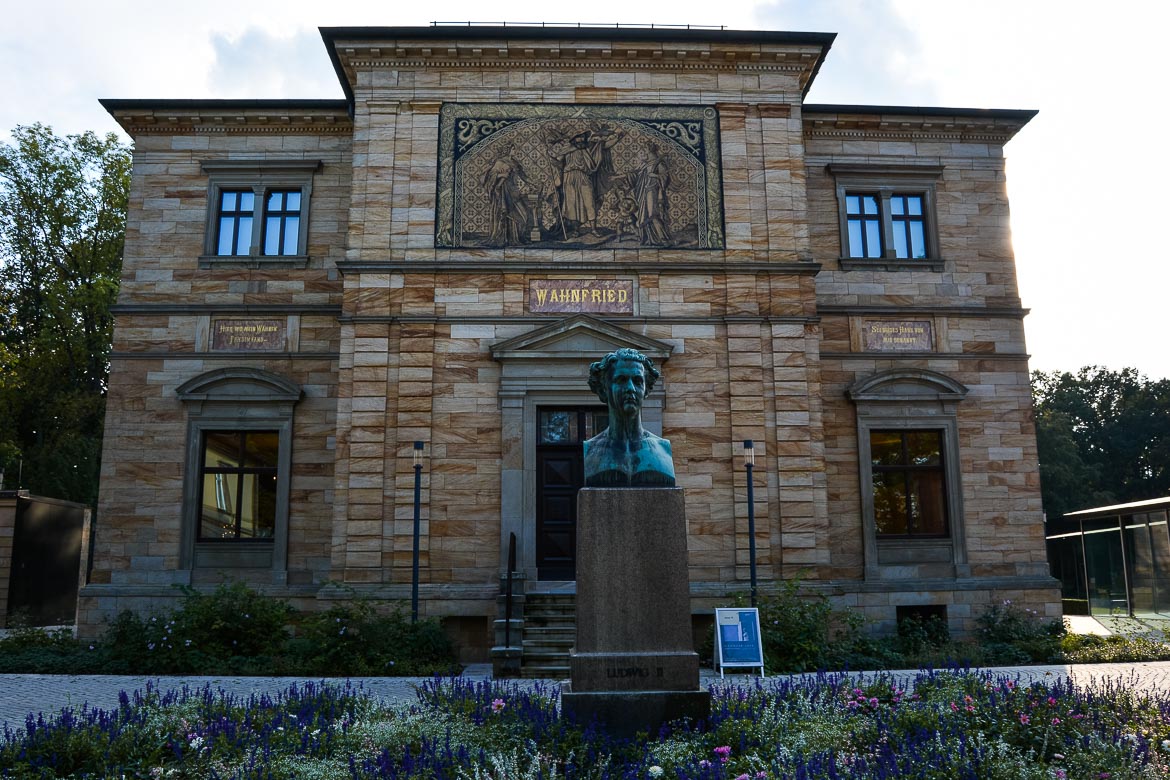
Hungarian composer Franz Liszt also spent time in Bayreuth, living just a stone’s through away from Wagner. Not only was Liszt a trusted mentor and advocate of Wagner’s, but also became his father in law when Wagner married his daughter Cosima. The Franz Liszt House is now an enlightening museum into the life and works of Franz Liszt and his influence over Wagner.
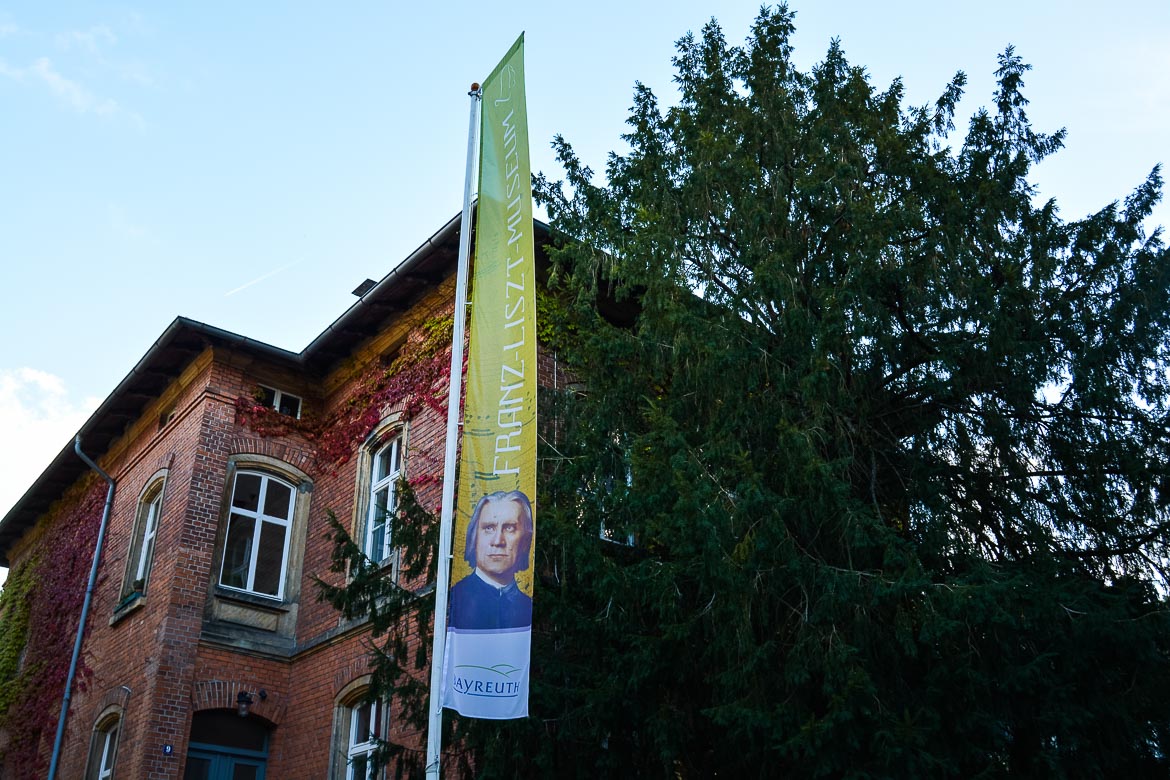
If you’re after a bit of history, the Historisches Museum lays out the evolution of Bayreuth and the surrounding region. Multiple floors showcase fascinating historical displays and artefacts from Bayreuth’s past, including its Prussian roots and war memorabilia.
Beer
Beer is as intertwined in Bayreuth’s history as Wilhelmine and Wagner. The brewing tradition runs deep here, in fact, the region of Upper Franconia has more breweries per capita than anywhere in the world, and its capital does not disappoint on this front. In fact, the city’s strong beer heritage is what initially drew us here in the first place.
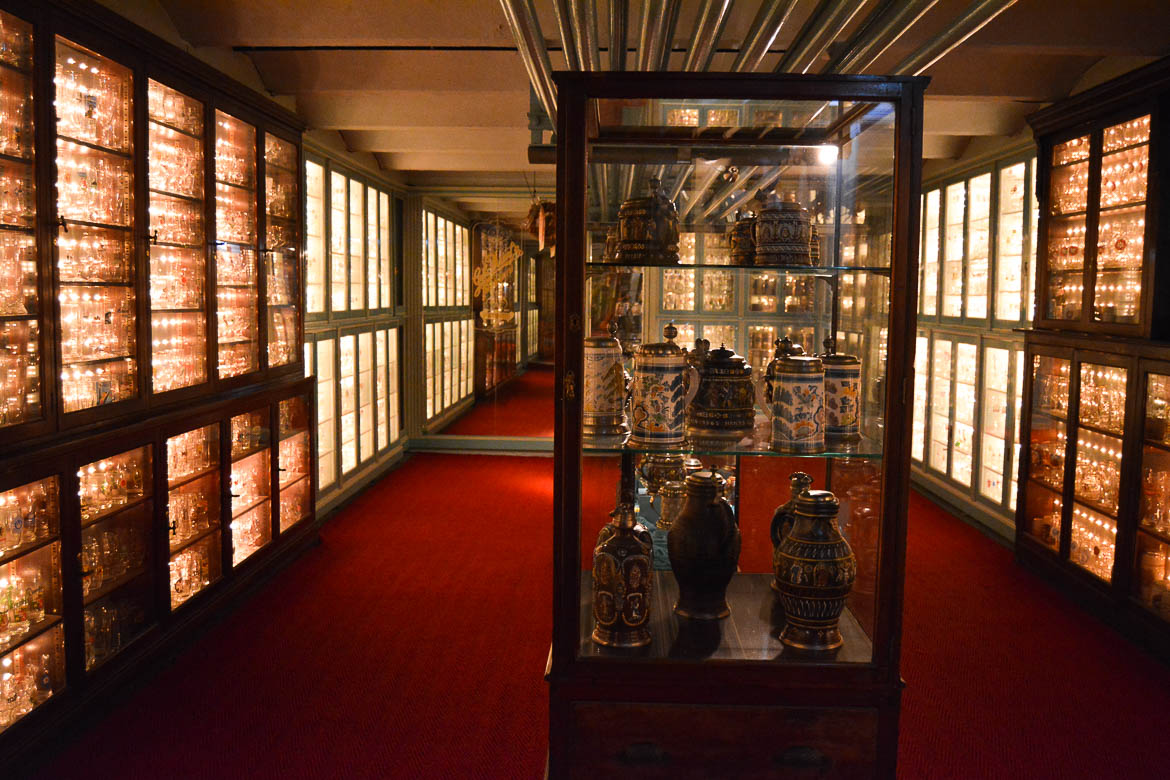
For a truly comprehensive and educational beer experience, visit Maisel’s Bier Erlebnis Welt, which translates into ‘World of Beer’. The huge complex sits on the site of Maisel’s historic brewery, which has been operational since 1887. Today, the brewery still produces beer under its Maisel & Friend’s brand, and has converted a lot of the space into the most comprehensive beer museum in the world, according to the Guinness Book of World Records. The museum is only accessible through daily guided tours.
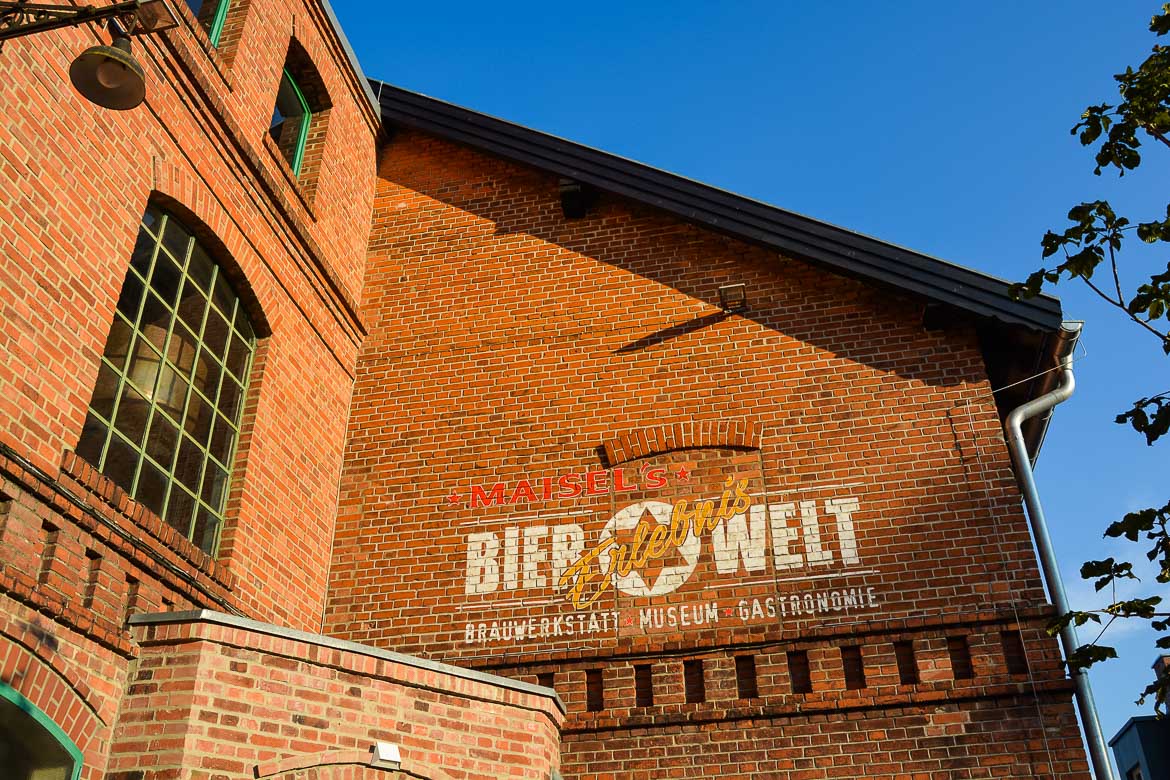
Head deep underground into the rock cellars of Aktien Brewery Catacombs. This cavernous space under the brewery functioned as the primary storage for beer from the 16th to 19th century. Tours are offered Monday to Sunday at 4:00pm for €8 per person.
The city offers a Beer Tour, which introduces visitors to the local brews and the traditional beer complementing foods. The tour hits some prime beer spots in Bayreuth including Maisel’s, Oskar restaurant, the Aktien Catacombs, and Herzogkeller beer garden. The tour costs €28.50 per person.
Nature
My visit occurred during an unseasonably warm September so I took any opportunity to be outside. Luckily Bayreuth has great parks that offer a welcomed reprieve across the city.
A leafy oasis isn’t hard to come by when you’re in the centre of town. The Hofgarten, or the Court Gardens, are situated behind the Neues Schloss and are an expansive park with mature trees, statues, and a picturesque lake.
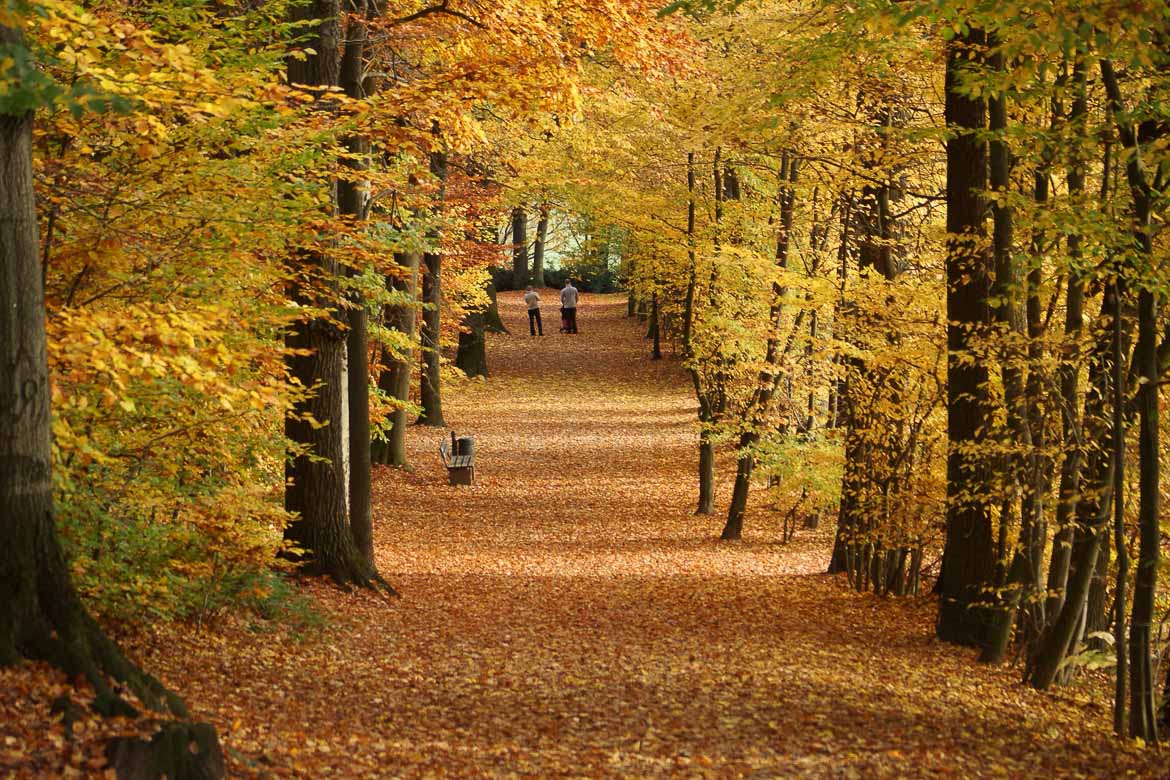
Tierpark Rohrensee a lovely bit of green space just south of the central core. There’s grassy lawns, walking trails, a lake and even a small zoo.
Oekologisch-Botanischer Garten are botanic gardens belonging to Bayreuth’s university. The park is organized by continent with native plants from each represented. You can visit the gardens for free but donations are appreciated.
Where to Eat in Bayreuth:
For a traditional and memorable meal, grab a table at Oskar am Markt located inside the city’s Old Town Hall (Altes Rathaus). Here you can expect large portions of hearty regional specialties alongside local Bayreuther beers, and energetic locals.
Located in the Maisel complex, Liebesbier gives visitors a taste of German craft beer and modern takes on traditional cuisine. As one of the first restaurants devoted to craft beer in the region, Liebesbier has an excellent selection of local, national, and international beers on offer with more than 20 on tap and another 100 more in bottles.
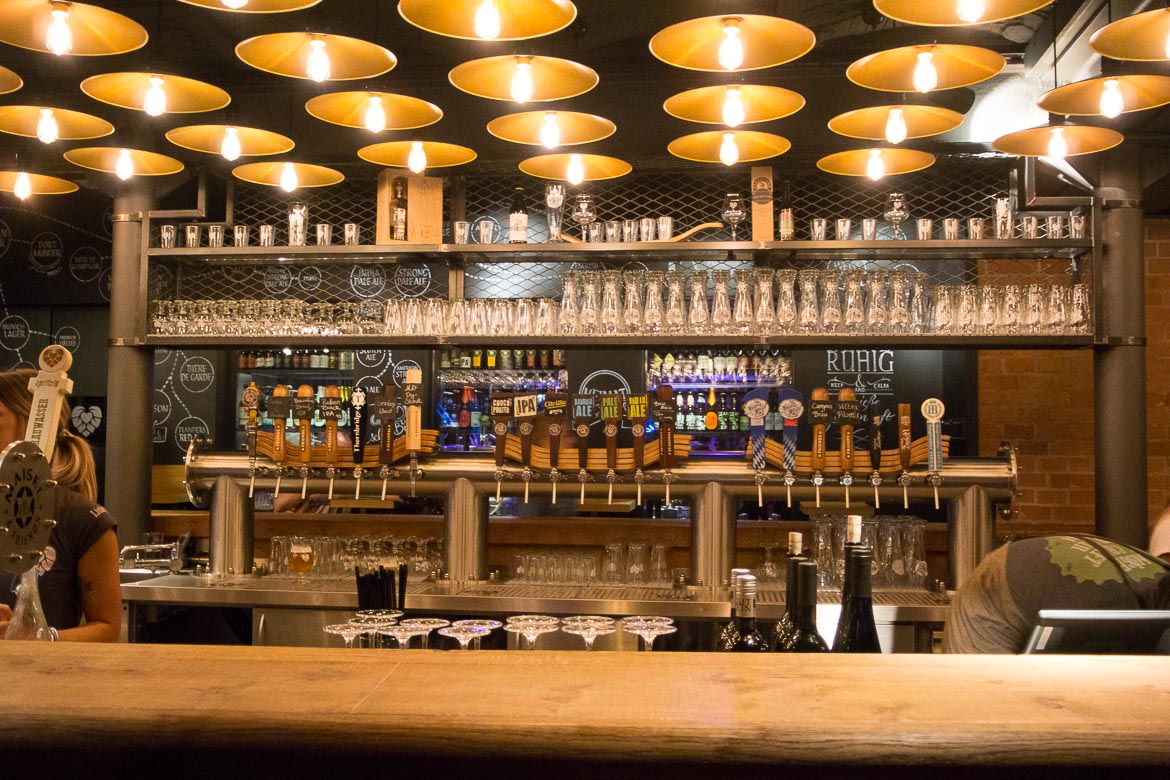
Offering fresh food from breakfast to late night, Kraftraum is a good dining bet at any time of the day. Its huge menu focuses on fresh dishes like salads, granola, and sandwiches to complement its huge range of beverage options. Kraftraum has a large patio that’s a treat when the weather is nice.
Hansls Holzofenpizzeria is a nice alternative to German food when in Bayreuth. Crispy thin crust pizzas are topped with an abundance of fresh toppings. While you can pick from one of several standard pizza combos, you can also build your own and make your pizza exactly how you want it.
Where to Drink in Bayreuth:
The classic Mann’s Bräu Tavern serves up brews from local family brewery Becher Brau, who’s been producing beer for generations. While the space inside is small, the ambiance is strong and filled with locals enjoying a beer with friends.
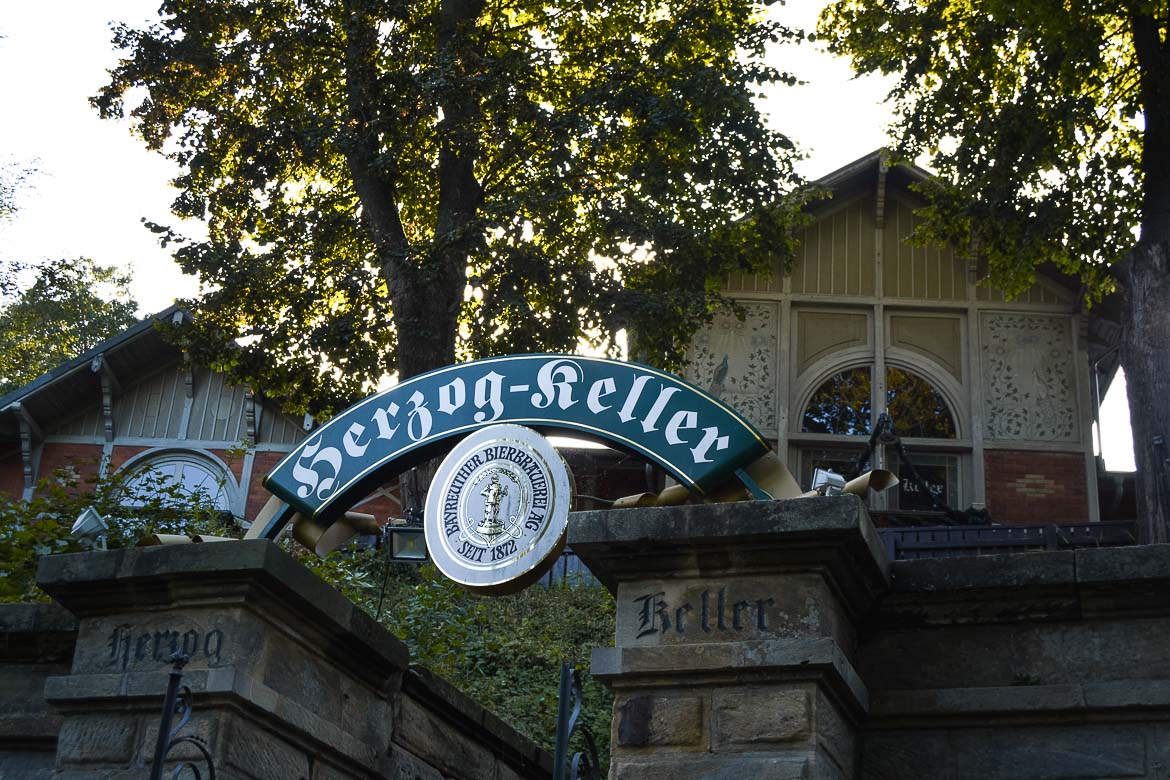
Don’t miss a visit to Herzogkeller while in Bayreuth, which is the largest and loveliest beer garden in town. Sit at one of the picnic tables under large trees, which provide some much needed shade when the sun is out. Even if the weather isn’t on your side, the inside of Herzogkeller is almost like an indoor beer garden, so definitely a worthy backup.
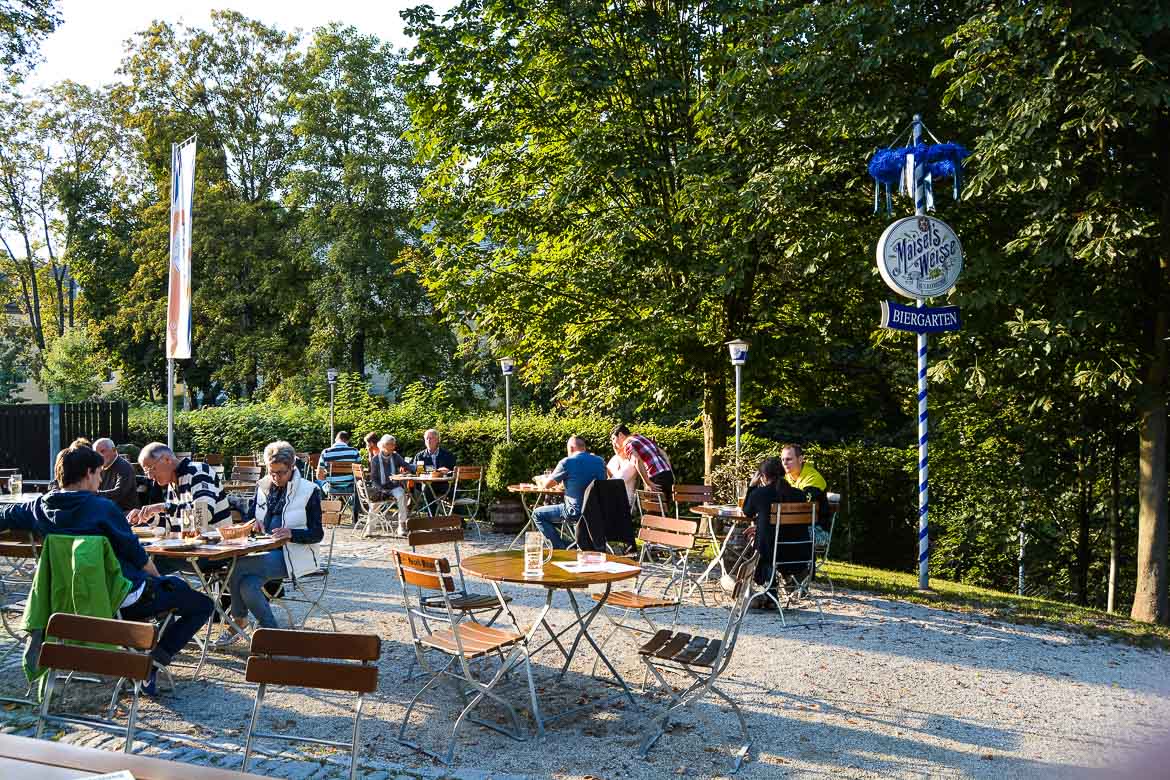
For good cocktails in a cool setting, check out Lamperie, a popular restaurant and bar on Friedrichstrasse. While sometimes billed as a ‘student bar’, more mature patrons won’t feel out of place. A great feature is the lush beer garden out back.
Where to Stay in Bayreuth:
Hotel Bayrischer Hof is located steps from Bayreuth’s train station, making it one of the most convenient places to stay. Although the decor is a tad dated, the rooms are large and have everything you could possibly need. The rates include breakfast, which is a stocked buffet to get the day off right.
Other Tips:
If you’re traveling to Bayreuth and interested in a private tour, I highly recommend Mrs. Inge Eggers. There is also a guided city walk daily at 10:30am from April to October and on Saturdays at 10:30am from November to April. The cost is €6.50 per person.
All Bayreuth Travel photos by Lauren Barth and Flickr: David Schiersner and Danny Hahn
Departful was a guest of Franken Tourismus and Bayreuth Tourismus, but all recommendations and opinions are our own.
Make your next trip the best one.
Departful is a full service travel agency creating truly exceptional travel experiences that are 100% personalized to you. Wherever you’re going, whatever your interests, we help you plan the perfect trip.
Lauren
Lauren co-founded Departful in 2012 and is the Managing Director of Departful Media. Since then she has worked between North America and Europe and has published content in partnership with a variety of tourism boards and businesses based around the world. Lauren is currently based in Toronto, Canada.


